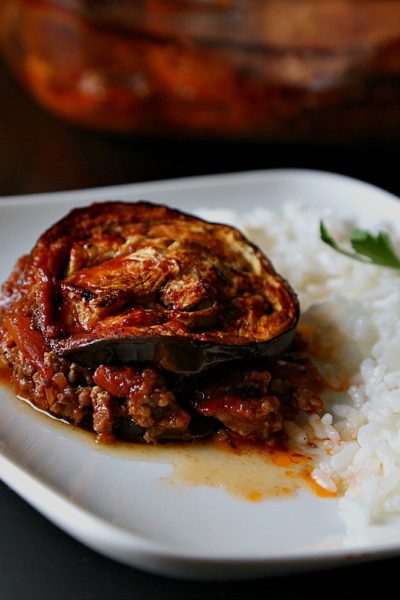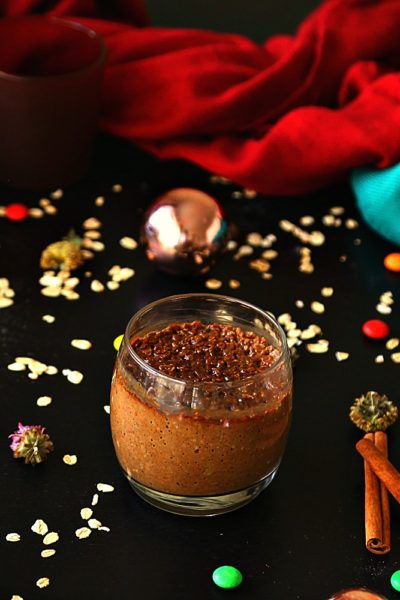In the last post What do you need to know about coffee I discussed how drinking coffee can reduce the risk of some diseases like Cancer, Parkinson, Alzheimer and others. In this post I will talk about common misconceptions about caffeine. Is caffeine really addictive? Does caffeine deserve the bad reputation?

Is Caffeine really addictive?
No, because relying on drinking caffeine doesn’t threaten your physical or social health as other stimulant drugs do. Also, the withdrawal symptoms vary individually, (some people show just a few mild symptoms) like tremors(unintentional shaking movements),nervousness, headaches, drowsiness or depressing mood, last between two to ten days, which s a relatively short period in comparison to other drugs. And of course, the severity of symptoms depends on how much you drink.
Is coffee really dehydrating?
No, until now the results of studies on the effect of Caffeine as diuretic, are not conclusive and it depends on how you metabolize coffee, and the amount you consume and, the level of tolerance you have. Some coffee drinkers adapt to this and don’t feel the urge to urinate after drinking coffee. But, you should take this effect in consideration and drink more water anyway.
Is coffee a high calorie drink?
Black coffee is not a high calorie drink, but the add-on toppings may make it high a calorie drink like sugar, chocolate as in mocha, non-dairy creamers, whole milk, whipped cream, sweetened syrups like caramel.
Is decaffeinated coffee a healthier option?
In most studies the answer is NO. According to the Columbia Health we extract the caffeine by many methods (direct & indirect). Most of them start with soaking the beans in water to soften them, then treating the water with a solvent like ethyl acetate, then heating the solvent to remove caffeine then returning the treated water to the beans. Another indirect popular method is to use water for to soak the beans until the liquid runs through carbon filter, which decaffeinates the coffee this is called Swiss water process.
Studies show that decaffeinated coffee that comes from a different kind of beans called Robusta have a higher fat content than ARABICA , which stimulate the fatty acid production in the body so it increases the risk of heart diseases.
Caffeine during pregnancy
It’s known that Caffeine will pass from the placenta and then to your baby; it will be hard for the baby to metabolize the caffeine so it will stay in his blood for a longer comparing to adults. Studies show no association between coffee consumption and fetal abnormalities, but remember that it’s a powerful stimulant. In fact, many studies show no link between low caffeine intake (cup of coffee/day) and high risk of miscarriage. Health Experts recommend not to exceed 300mg per day due to the high intake is associated with miscarriage.
Do you have to pick organic or fair trade coffee?
The main difference between organic and non-organic coffee is the growing method. The organic method use tree shades so the birds will come and protect the beans from the insects which will give the coffee more flavor and intense aroma. Fair tradecertified coffee will guarantee a fair price for the farmer by purchasing the coffee from the farmers directly. Most of them use organic farming methods but can’t get the certification because it’s expensive. There are a lot of reservations about fair trade movement these days, and how it deals with co-op companies rather than the farmers, so it’s your personal choice.
Is brewing coffee on paper filter better for your cholesterol level?
Coffee contains a substance called cafestol, which is a stimulant for LDL (the bad cholesterol). Boiling method for coffee like in Scandinavian countries, Turkish coffee and French press will increase the content of cafestol. But, according to Harvard School of Public Health the use of the paper filter will cut out this substance. If you are prone to high cholesterol level, it’s advised to use the paper filter.
As a dietitian do I drink coffee? Do I recommend it?
I drink coffee occasionally not on daily basis because I prefer tea. Sometimes I add creamers or whipped cream, but most of the time I drink it black. The problem of drinking too much coffee, that you will have no room for other drinks like water, fresh fruit juices or smoothies. It’s really hard to sum up all the benefits and negative effects of drinking coffee, so we still need more long-term studies to make the results more conclusive so we can recommend drinking coffee.
If you like coffee then go for it, enjoy it but don’t rely heavily on creamers. And, remember DON’T exceeds 4 standard cups of coffee (6oz.) per day . If you don’t like it, don’t force yourself, you will find similar benefits in other healthy food.
For Espresso lover this is a fun tricky quiz :
The Ultimate Espresso Machine Quiz
For Further Reading:
Is Decaf coffee healthier than regular coffee?
http://nutritiousndelicious.com/blog/is-decaf-coffee-healthier-than-regular-coffee
Caffeine ingestion and fluid balance: a review.
http://www.ncbi.nlm.nih.gov/pubmed/19774754





